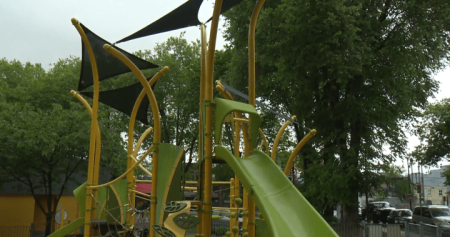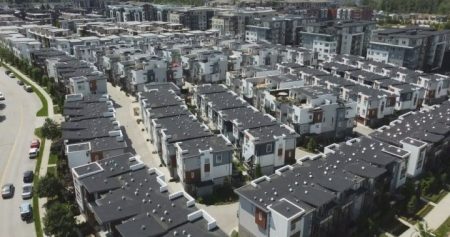A new report from the Yellowknife Women’s Society has revealed that homeless Indigenous women in the North feel unsafe and unprotected by the RCMP. During sessions held in October, women shared stories of abuse by RCMP officers, feeling ignored or mistreated when seeking help, and facing discrimination. Many participants expressed a lack of trust in the RCMP and believed their concerns were not taken seriously compared to non-Indigenous individuals. As a result, many Indigenous women do not seek help from the police out of fear of being ignored, mistreated, or worse.
The report includes 24 recommendations to improve the relationship between homeless Indigenous women and the RCMP, as well as to enhance their safety. Renee Sanderson, the executive director of the Yellowknife Women’s Society, highlighted the consequences of the negative experiences and distrust of the police, emphasizing the need for a change to ensure Indigenous women feel safe and supported. The report also criticizes current practices that allow the RCMP to police itself, leading to few consequences for officer misconduct and creating a lack of accountability.
The report notes that between 2018 and 2023, there were 63 allegations of inappropriate use of force by the RCMP division in Yellowknife, all of which were found to be unsubstantiated. Despite numerous recommendations from various levels of government to improve the relationship between Indigenous women and the RCMP, the situation has not improved. Many Indigenous individuals still view the police as enforcers of colonialism, with a history of negative interactions dating back to the early days of Canadian settlement in the region.
Indigenous Peoples make up a significant portion of the homeless population in Yellowknife, with a high rate of individuals having attended residential schools or lived in foster care. The report suggests that improving social services, including increasing shelter spaces and mobile crisis response teams, could help reduce the reliance on police for assistance. Additionally, the report calls for better training for RCMP officers, increased community integration, and a comprehensive review of policing practices in the territory to address the under-protection and over-policing of Indigenous women and other vulnerable groups.
The Yellowknife Women’s Society report highlights the urgent need for changes within the RCMP and the broader justice system to address the mistreatment and discrimination faced by homeless Indigenous women in the North. Despite previous recommendations, the relationship between the RCMP and Indigenous communities remains broken, with a lack of action from the government and national RCMP leadership to enact necessary reforms. The report stresses the importance of implementing the recommendations to create a safer and more supportive environment for vulnerable populations in Yellowknife and throughout the Northwest Territories.















